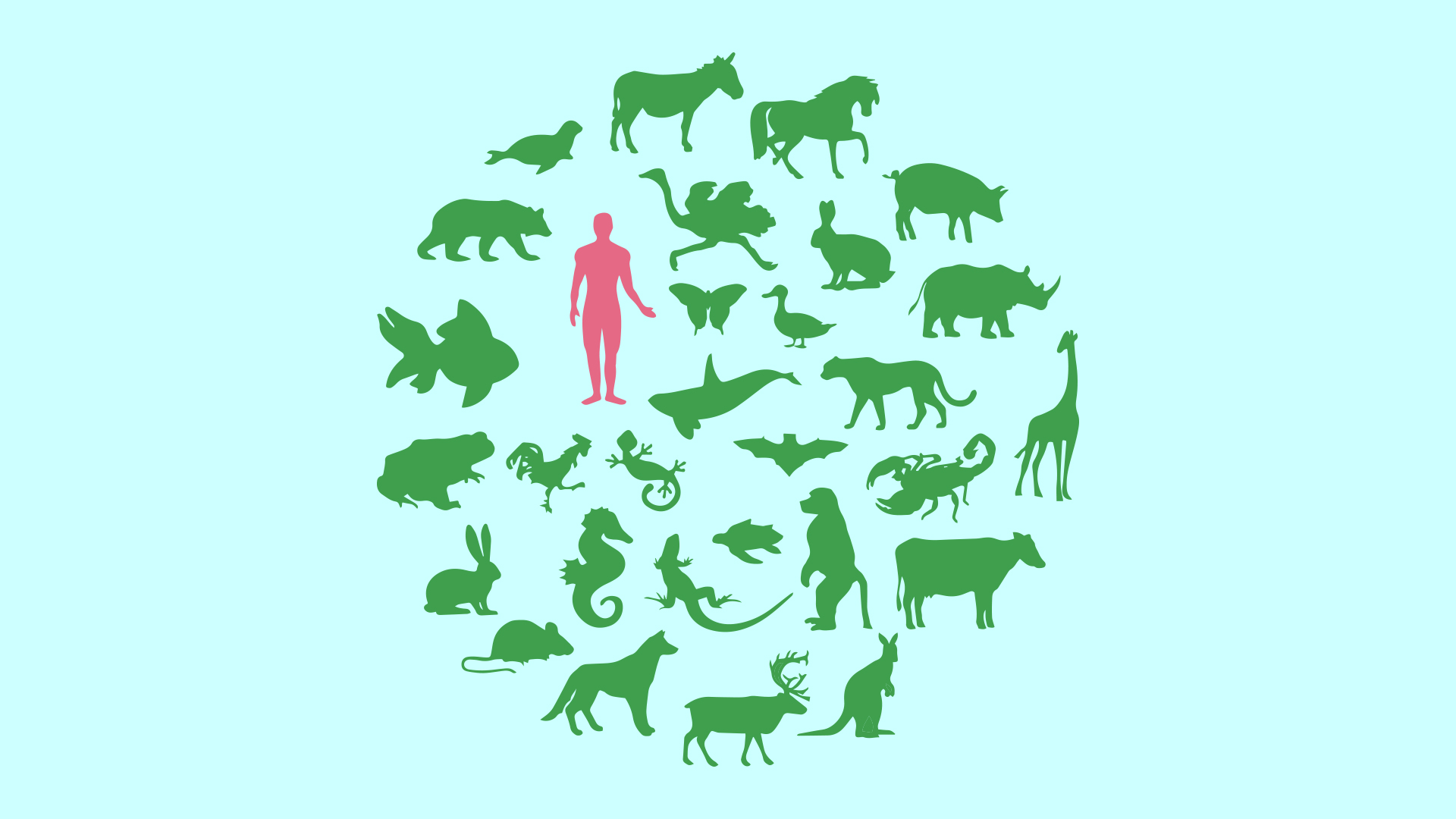In an article published last year in the Scientific American, contemplating developments in our search for extraterrestrial life, Andrea Gawrylewski writes: “Given the math, it seems impossible that we humans would be the only living things in the cosmos.”
At first glance, this comment may seem perfectly innocuous – even profound. But at a time when humans are orchestrating the sixth mass extinction on our planet, the fact that we could casually refer to ourselves as the “only living things in the cosmos” is alarming. We needn’t step outside of the circles of our world to find other forms of life – after all, Homo sapiens are only one of millions of species who inhabit this planet. We are not, and have never been, alone.
But this is no mere oversight. For thousands of years, our dominant historical, legal, social, political and philosophical paradigms have framed our world as intrinsically human-centred. Even though other beings unavoidably exist, humans are often seen as the only ones who actually matter – the only beings with consciousness, agency, and intrinsic value. Other beings were, at best, relegated to the background as props and set pieces on our human-centred stage; at worst, they were reduced to freely exploitable resources whose very existence revolves around their usefulness to humans. This idea is known as anthropocentrism.
For the vast majority of human history, questions like ‘are we alone?’ would have been seen as ridiculous. For hundreds of thousands of years, we have known our world to be an interconnected web of countless different kinds of ‘persons’ – be they animal or vegetal, seen or unseen. To be human was to understand how to be in relationship with our non-human kin.
So how did we forget that we aren’t alone? In Unseen Beings: How We Forgot the World is More Than Human, I argue that our ‘un-seeing’ of non-human beings is the oft-overlooked root cause of our most pressing existential crisis – the climate crisis. Our pursuit of dominion has led us directly into the perils of the so-called Anthropocene (the ‘Epoch of Humans’).
Anthropocentrism is not a scientific notion, but a philosophical one – rooted in the Classical world, when philosophers Plato and Aristotle presented the concept of the ‘rational human soul’ as the defining feature of humankind, placing us above and apart from everybody else. This hierarchical approach to ‘natural philosophy,’ popular in the centuries leading into the Common Era, paved the way for powerful new religious movements that established humanity’s centrality in the universe as a sacred truth.










